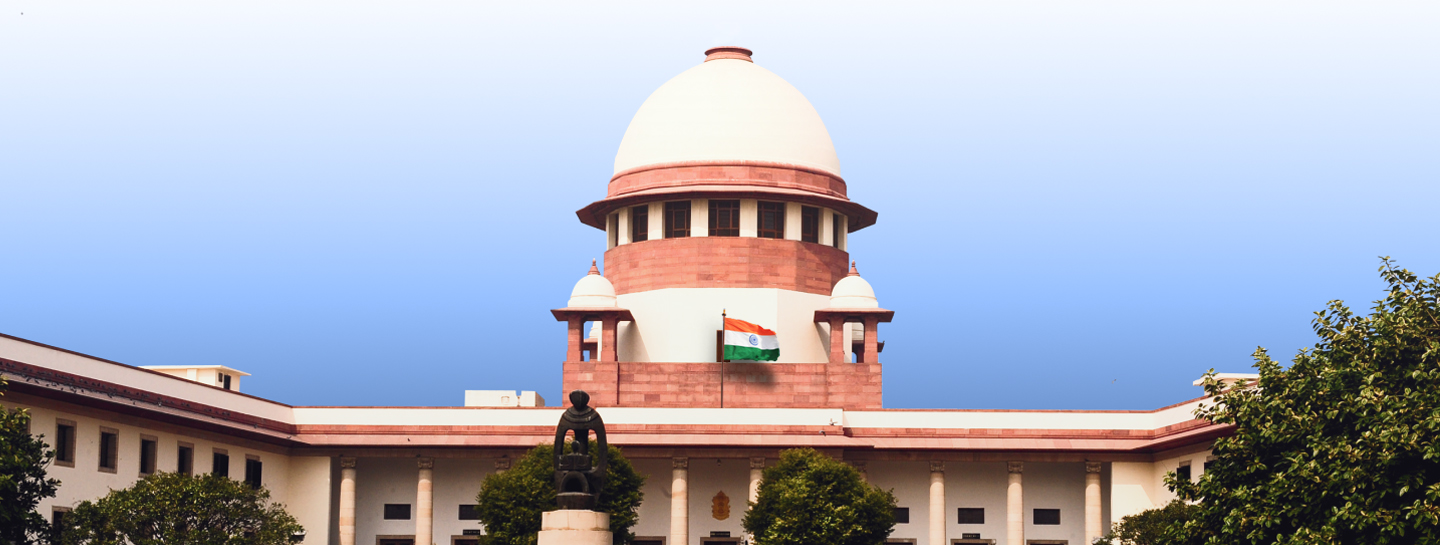The Supreme Court has ruled that a demand for dowry is not essential to invoke the offense of cruelty to a wife under Section 498A of the Indian Penal Code (IPC).
A bench consisting of Justices Vikram Nath and Prasanna B. Varale clarified that the crux of the offense under Section 498A IPC lies in the act of cruelty itself, rather than the demand for dowry.
Therefore, even in the absence of a specific dowry demand, the provision remains applicable if there is evidence of physical violence or mental distress inflicted on the wife, the Court stated.
“The presence of a dowry demand is not a prerequisite for proving cruelty under this Section,” the Court’s ruling on December 12, 2024, affirmed. The case involved an appeal against a decision by the Andhra Pradesh High Court, which had quashed the Section 498A proceedings against Aluri Thirupathi Rao.
Rao faced allegations of physically assaulting his wife and forcing her to leave their home. Despite several attempts to return, she was reportedly barred from reentering.
Following a police investigation, a charge sheet was filed against Rao and his mother. However, the High Court invoked Section 482 of the Code of Criminal Procedure (CrPC) to dismiss the case, citing the absence of a dowry harassment claim.
In response, the wife approached the Supreme Court, challenging the High Court’s decision. The accused argued that under the explanation to Section 498A, a dowry demand was necessary to prove “cruelty.”
The Supreme Court examined Section 498A and found that the definition of ‘cruelty’ was broad, encompassing both physical and mental harm to the woman’s body or health, as well as harassment aimed at coercing the woman or her family into meeting unlawful demands, including dowry.
The Court emphasized that the provision covers two distinct forms of cruelty: one involving physical or mental harm (clause a) and the other involving harassment tied to unlawful demands (clause b). These provisions, the Court underscored, should be read independently, meaning that dowry demand is not required to establish cruelty under Section 498A.
“The inclusion of ‘or’ at the end of clause (a) clearly indicates that ‘cruelty’ for the purposes of Section 498A can either involve willful conduct causing harm or harassment related to unlawful demands, such as dowry,” the Court stated.
As a result, the Supreme Court overturned the High Court’s decision and reinstated the criminal proceedings under Section 498A.
Advocates Mullapudi Ambabu and Mahima Pandey represented the wife, while Senior Advocate Ravi Shankar Jandhyala and a team of other lawyers appeared for the husband and respondents.



